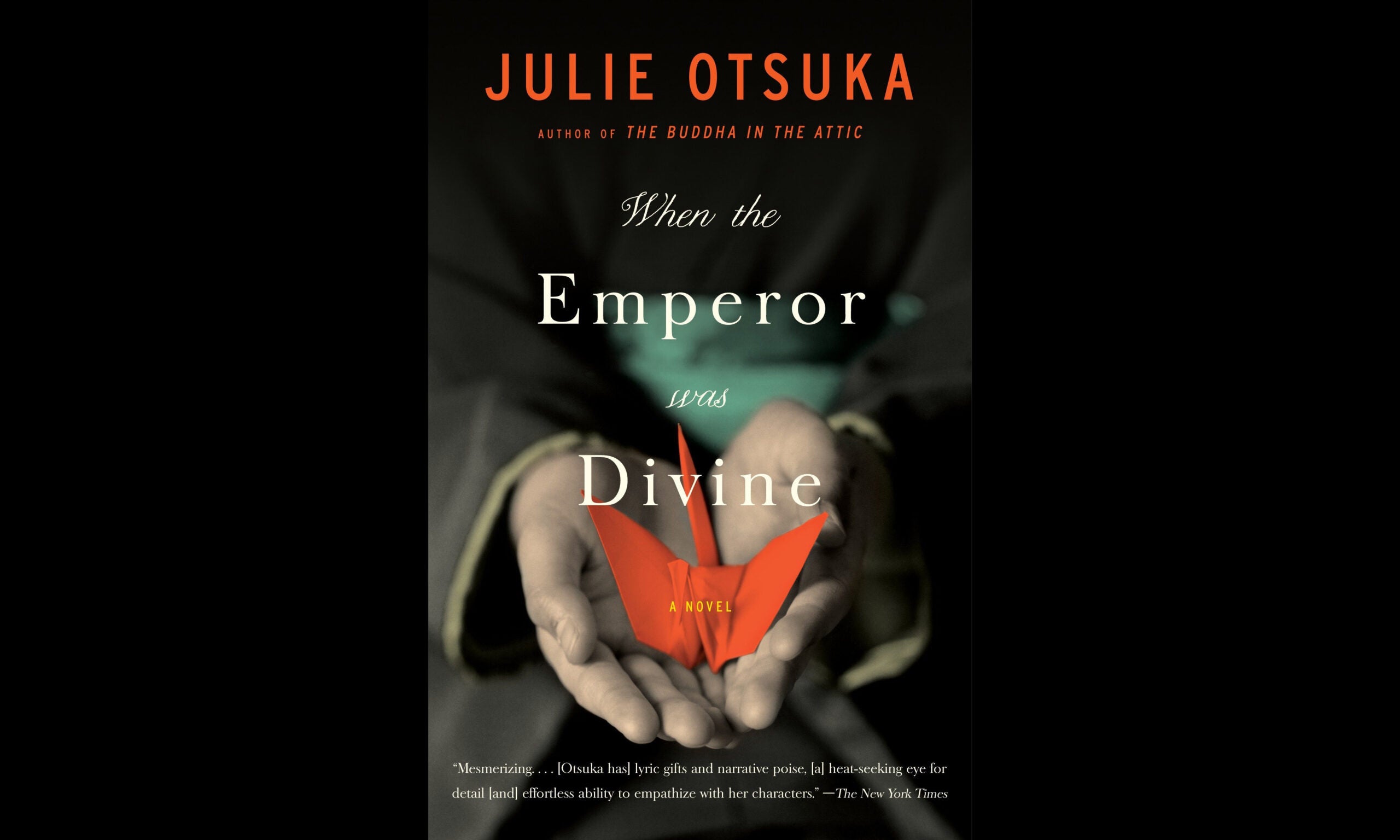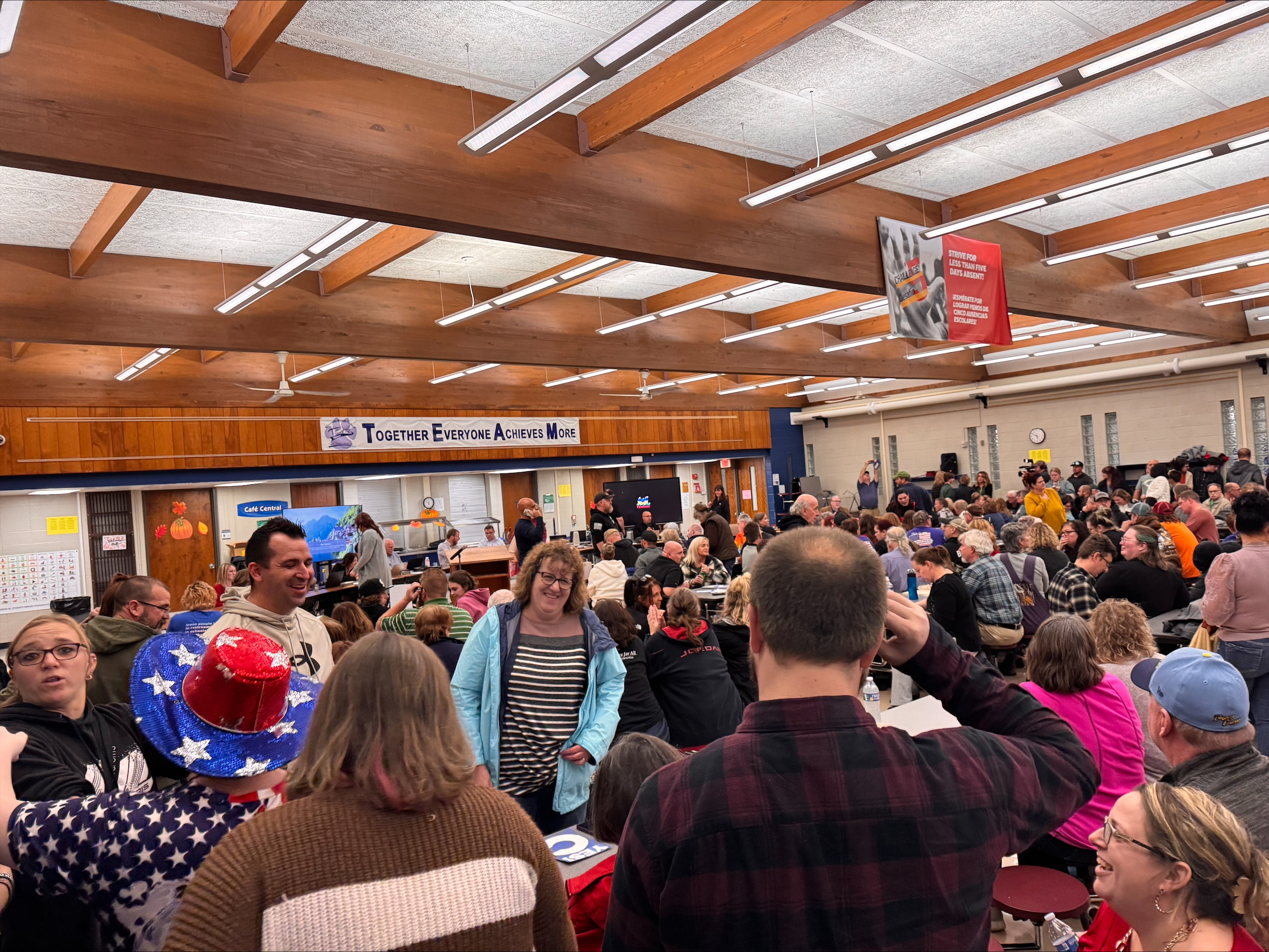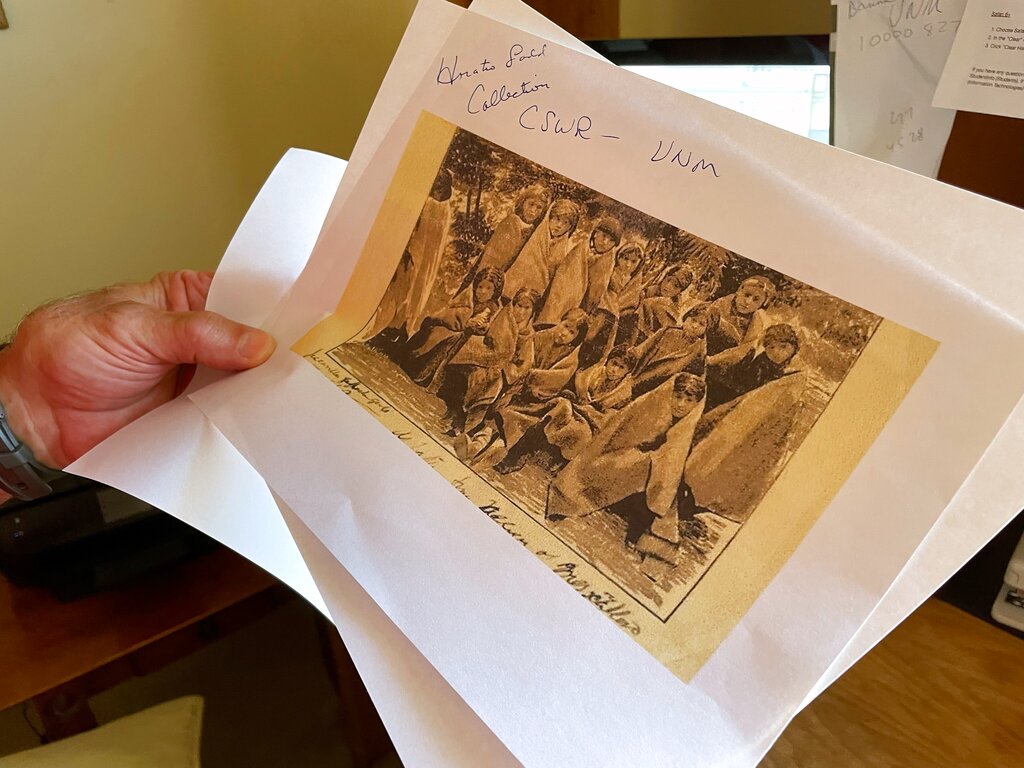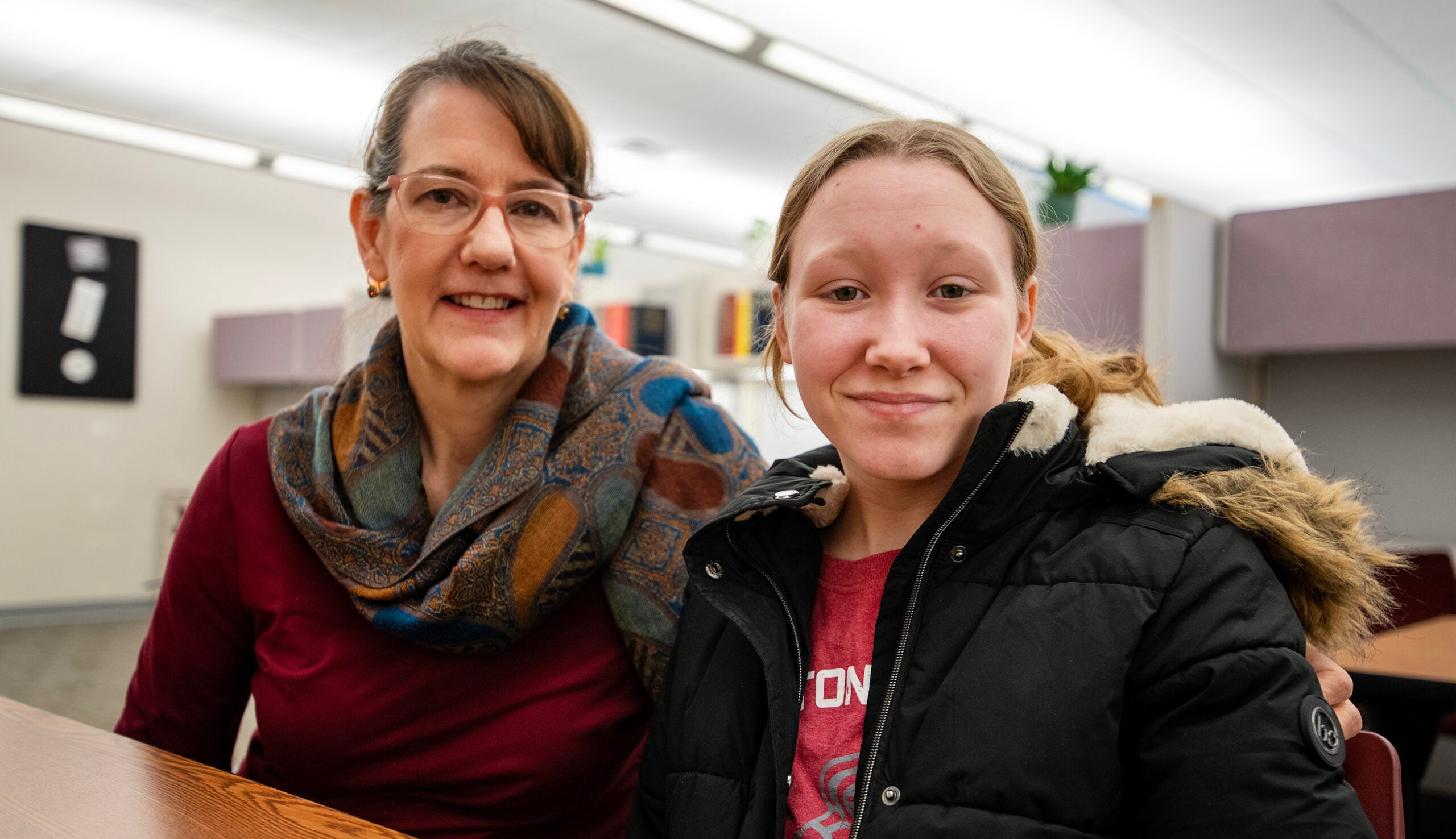Parents and educators hope a teach-in event Monday outside the Muskego-Norway School Board meeting will help counter a board committee’s decision to remove a novel about Japanese-American incarceration during World War II from its high school curriculum.
Last month, the committee overruled local educators to prevent the book “When the Emperor was Divine” by Julie Otsuka from being taught in schools. The 2003 novel, which would have been read as part of an advanced high school English course, is about the experiences of a Japanese-American family incarcerated by the state during the war.
The decision received widespread media attention and criticism. In a statement, Muskego-Norway School Board President Chris Buckmaster said the book was not banned, and the committee simply sent the recommendation back to staff. He said the committee’s chair heard concerns that the selection process had been discriminatory, but he did not further explain how, why or by whom those concerns were raised.
News with a little more humanity
WPR’s “Wisconsin Today” newsletter keeps you connected to the state you love without feeling overwhelmed. No paywall. No agenda. No corporate filter.
All of those rationales from board members are misguided, said Ann Zielke, a district parent who is one of the organizers of the teach-in event. Zielke, who attended public meetings and had multiple private conversations with board members about the decision, said the local controversy stems from the election this year of a board member dedicated to fighting so-called “critical race theory” in schools. She said that led them to exclude the book because it’s about an instance of historical racism.
“They were taking a closer look at the curriculum, so that they aren’t perceived by our community as endorsing anything that could be anti-racist,” Zielke said of the Waukesha County district. “That’s what the extra emphasis on the curriculum has been. And that’s why this book was singled out.”
The incarceration of Japanese-American during World War II to what were then called internment camps is widely understood as a shameful chapter in U.S. history, treating U.S. citizens who were accused of no crime as a national security threat solely because of their ethnic background. In 1988, Republican President Ronald Reagan apologized for the U.S. government’s actions when he signed into law a bill that provided restitution to incarcerated families. Reagan called the imprisonments “a grave wrong.”
Those are simply historical facts, said Wisconsin’s 2022 Teacher of the Year Kabby Hong, and students deserve truthful teaching of U.S. history.
“This (Japanese-American incarceration) is not something that is controversial or something that is debatable,” Hong said. “It is an injustice, and that is the way it should be treated.”
Hong, who is the first Asian-American to be named Wisconsin’s national Teacher of the Year representative, said one of his goals is to promote the teaching of Asian-American history in schools. In the weeks after the controversy was first reported, he reached out to the Muskego-Norway School Board and asked if he could give the board a presentation on the subject. The board, he said, declined.
Instead, with Zielke, other educators and community members, he’ll be part of the teach-in event in Muskego Monday evening during the School Board’s meeting. He said the group will be giving away to community members 100 copies of “When the Emperor was Divine,” which he called “a perfect book to help sophomores prepare themselves for A.P. English.”
“We want to try and replace misinformation with real historical facts about the Japanese internment, and about what really happened during this time period,” Hong said.
Zielke said she doesn’t hold out much hope that the board will revisit its decision. The issue is not on its agenda for tonight’s meeting, which means the board won’t allow public comment about it. Still, she hopes parents’ and educators’ activism around the decision will have a broader effect.
“This is us getting together as a community to say, we are going to continue to stand up against this,” Zielke said. “This is the beginning of books like this being rejected. And if we allow it, it will continue to happen.”
Wisconsin Public Radio, © Copyright 2025, Board of Regents of the University of Wisconsin System and Wisconsin Educational Communications Board.







